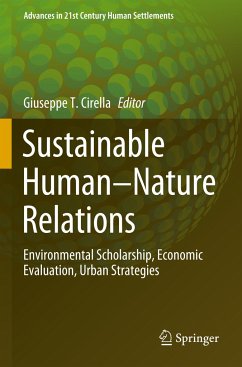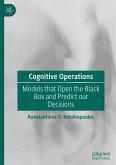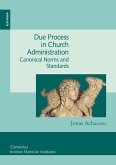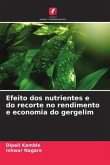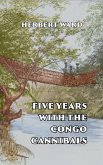This book addresses sustainability thinking and the bigger picture, by taking into consideration how and from where contemporary schools of thought emerged approximately a quarter-century ago. Evidence from the literature illustrates a number of key concepts and techniques that have been tested and continue to be tested, within various multi-disciplinary fields, on societal functionality. Research into sustainable societies needs to be sound, ethical, and creative. A cross-sectoral, interdisciplinary examination of challenges and strategies is used to interlink sustainability thinking and human-nature relations. With an ever-growing number of people now concentrated within urban areas, providing not only environmental quality and livable space, but also security and resilient urban systems, is becoming increasingly important. This urbanization trend has overlapped with environmental degradation, consumption of natural resources, habitat loss, and overall ecosystem change. Consequently, the goal is for cleaner, safer societies - with higher standards of living - to excel in support of current and future generational communities. The book tackles these challenges by integrating environmental scholarship, economic evaluation, and urban strategies under one umbrella of thought. The relational paradigms presented include examples that correlate developed and developing countries, socioeconomics and community development, and governance of knowledge and education. As such, the book argues, furthering of knowhow should be accessible and shared in order to achieve maximum innovation and benefit. Sustainability thinking, after all, is a metric for intrinsic human-nature relations in terms of past performance, present development, and future goals. This book discusses this metric and offers novel approaches to growing societies and what we can do next.

